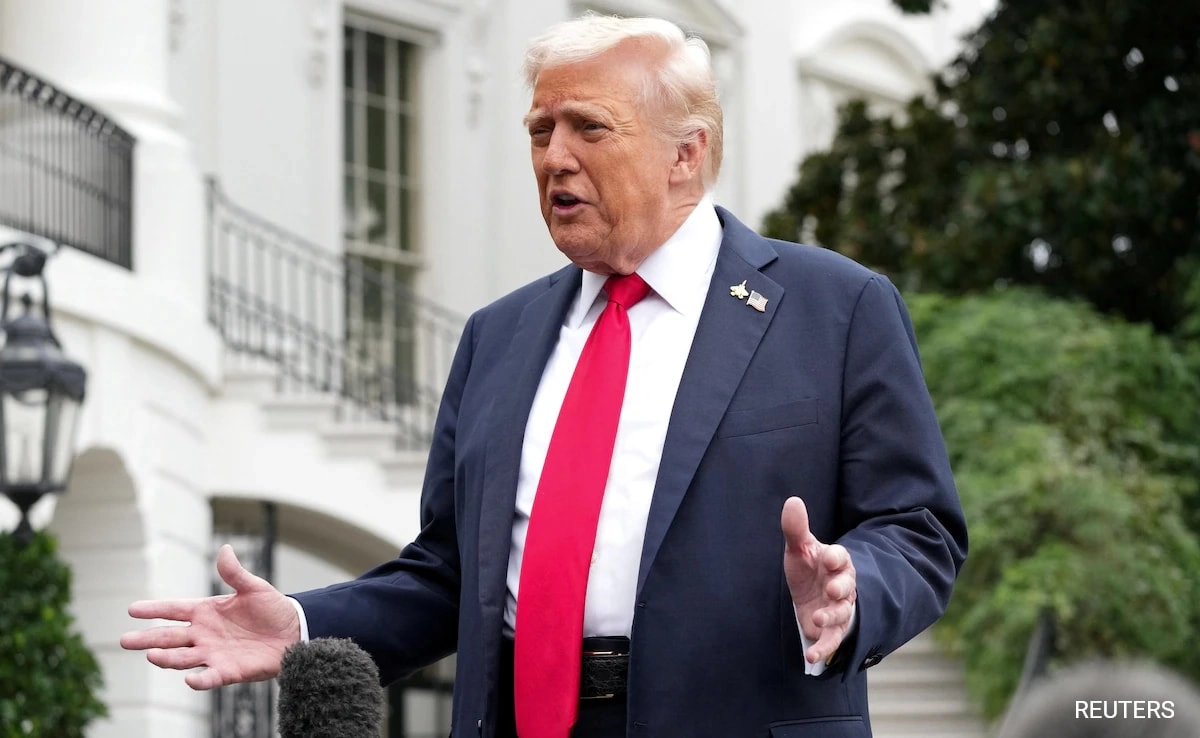The Israeli Cabinet has recently approved a significant outline for a potential hostage release deal, a development that is being closely monitored both domestically and internationally. This decision comes amid ongoing tensions and conflict in the region, characterized by the capture of Israeli citizens by militant groups. The outline aims to establish a framework for negotiations that could lead to the release of hostages, which has become a pressing humanitarian issue. The Cabinet’s approval reflects the government’s recognition of the need to address the plight of those held captive while balancing national security concerns.
The deal’s outline is expected to involve intricate negotiations that consider various factors, including the identities of the hostages, the terms of their release, and the potential concessions from both sides. It is anticipated that this process will require the involvement of numerous stakeholders, including international mediators and possibly third-party nations that can facilitate dialogue. The implications of such a deal are profound, as it not only affects the families of the hostages but also has broader ramifications for regional stability and relations between Israel and its neighbors.
As the Cabinet moves forward with this outline, public sentiment in Israel remains divided. Many families of hostages are anxiously awaiting news of their loved ones, while others express concerns over the potential risks of negotiating with militant groups. The government is tasked with navigating these complex emotions, ensuring that the decision-making process is transparent and considers the diverse perspectives within Israeli society. Ultimately, the outcome of this proposed deal could reshape the landscape of hostilities in the region and set a precedent for future negotiations involving hostages and peace efforts.
In conclusion, the approval of the outline for a hostage release deal represents a pivotal moment for the Israeli government. It underscores the delicate balance between addressing immediate humanitarian needs and ensuring the security of the nation. As negotiations progress, the eyes of the world will be on Israel, watching how it navigates this challenging situation and hoping for a resolution that prioritizes the safety and well-being of all involved.




